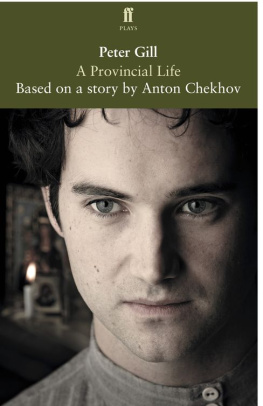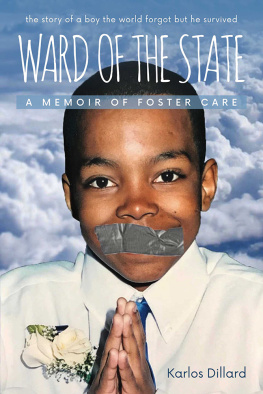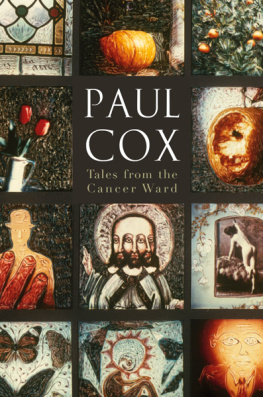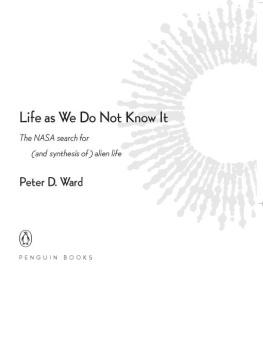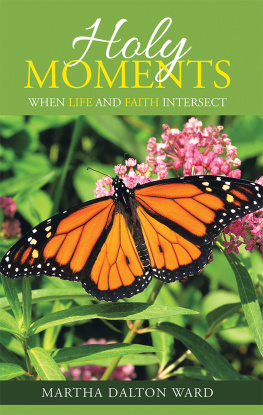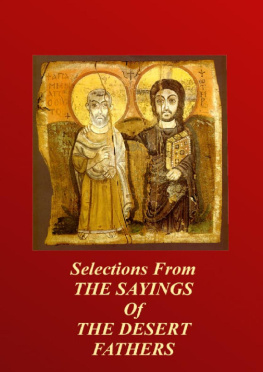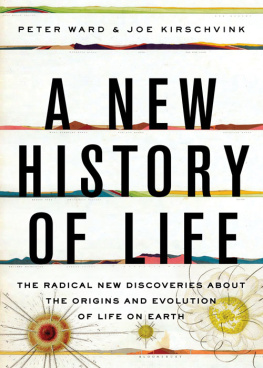There can be few bodies of work that are as rewarding when read continuously as the plays of Peter Gill. From the beginning of his career, his theatre has been engaged in a Van Gogh-like search, not quite to find the beauty in a pair of old boots, but rather to reveal a beauty that is always present in anything, weathered or leather or otherwise. This hard stare at the ordinary world, his extraordinary way of seeing, connects each new play to the last like beads on a rosary. To read Gills plays chronologically is to witness the expansion and unfolding of both a mind and a world, beautiful and distinctive, made richer and more compelling with each new statement.
A Provincial Life was an early statement. Written in 1966 because Gill was, as he puts it, incredibly touched by Chekhovs story, it was presented on the set of another Royal Court production for one night. The play came very early in Gills career. At the time of writing he was moving in precisely the opposite direction to his hero, Misail, who quits bourgeois society for the real life of the country Gill, who had moved from Cardiff to London, denies realising that opposition as he wrote, but the coincidence is interesting. Throughout Gills work, influence and motivation are revealing: the Beckettian idea of no symbols where none intended applies, as references bubble up from the subconscious into the dialogue without being planned. He is aware Proust is quoted in Small Change, but denies knowing at the time of writing that the titles of two of his plays Small Change and The Sleepers Den are drawn from the poetry of Donne. This is part of what makes Gill so rewarding to read he is an instinctive writer, and influences in his work are the organisations of the preconscious mind, collecting the nebulous material of a subconscious into a statement.
Patterned throughout A Provincial Life are moving examples of Gills eye for the minutiae of human life for care, worry, and love. People reach out to one another throughout Gills work, and it is no different here when Misails father asks him, Are you all right? Youre looking pale. Have you been feeling unwell again?, a distance between two people is revealed, and their attempts to cross it, to care for one another, are shown to be snagged in the inadequate medium of speech. Misail says later in the play to his father, I love you. I am unutterably sorry that we are apart. That unutterably is at the centre of the play. Characters attempt to put words to the feeling time and again, however, because one must love. We ought to love oughtnt we? This impulse, the need to love, is the motivating power behind Gills work, and the materials of his theatre, the elements which complicate and humanise love, are the particularities of everyday life Gill expresses the emotional trajectory of so much of his writing when he has Misail say, Sometimes I think such marvellous things and dream such brilliant conclusions but my thoughts are always broken by visions of rissoles or bowls of porridge. The movement from the idea to the specific that contains but also expresses the emotion recurs in play after play.
What we watch in A Provincial Life is a struggle to come to terms with life: an attempt to find meaning in it, to accommodate frustration and bear the fact that life is passing you by each second you are living it. Misail tries to drown his anxieties in work, but the attempt is a vain one. It is among the details of the world, the rissoles and bowls of porridge, that meaning is lost. This drowning in life is inevitable. Like any emotion, a life is always caged into the specifics of a body, a home town, a world but in Gills work the way that happens, and the way the emotion and life show through, become the focus of attention, making beautiful a struggle that might at first appear as empty of love as a pair of old boots.
This is perhaps the reason Gill has been drawn to Chekhov, as he has been throughout his career. The constant ebb of life, as it flows past and away from his characters, is distinctive in Gills treatments and translations. Engaging with Chekhov allows Gill to come to express the idea that life and love are elsewhere, lost in simile, only recognised afterwards, seen across a distance. What meaning there is in Misails life becomes all of these when he says, She is like a green parrot that had escaped and used to fly in the gardens of a square where I used to work. Life and love seem very far away from Cleopatra when she asks, What is it that stops people from acting as they really desire?, not knowing that the person she is speaking to has fallen asleep. Gill asks this question in all his work in Small Change, Gerard asks, What is it, what is it that will find the moment, that will That moment, that meaning, is elusive but Gill reminds us that it is out there, hidden in the details of living.
Barney Norris
February 2012
Peter Gill would like to record with gratitude the members of the cast of the original production of this play at the Royal Court Theatre, London, on 30 October 1966
Jean Boht
Pamela Buchner
Richard Butler
George Canell
Oliver Cotton
Anne Dyson
Susan Engel
Bernard Gallagher
Amaryllis Garnet
Jean Holness
Anthony Hopkins
William Hoyland
Peter John
Gillian Martell
Rosemary McHale
John McKelvey
John Normington
Richard OCallaghan
Shivaun OCasey
Trevor Peacock
Toby Salaman
Charlotte Selwyn
John Shepherd
Geoffrey Whitehead
Peter Wyatt
Misail Alexandrovich Poloznev
Alexandr Pavlovich Poloznev
his father, an architect
Cleopatra Alexandrovna Polozneva
his sister
Anyuta Ivanovna Blagovo
their friend
Ivan Mikhailovich Cheprakov
a school friend of Misail
Andrey Ivanov
a working man and contractor
Boris Ivanovich Blagovo
Anyutas brother, a doctor in the army
Viktor Ivanovich Dolzhikov
an engineer
A Shopkeeper
A Workman
Other Workmen
Maria Viktorovna Dolzhikova
Dolzhikovs daughter
An Old Man
Karpovna
Misail and Cleopatras old nurse
Prokofy
her son, a butcher
Madame Azhogina
Madame Mufke
an amateur actress
Berlichev
a guest at Madame Azhoginas
The Governor of the Province
Madame Azhoginas Daughters
Guests
Place: a Russian province in the 1890s
Alexandr Pavlovitch Poloznevs house. Misail Alexandr is reading a play. Cleopatra Alexandrovna enters with a tray.
Cleopatra Ive brought you something to eat. (Pause.) Father knows youre back. Hes in the study. (She coughs.) Misail Alexandr, why do you do this to us? Youve lost your job again. I can tell. Its too bad of you.
Misail Whats this?
Cleopatra Some cold meat. Did you get any dinner?
Misail No.
Cleopatra There isnt much there, Im afraid. But Father said
Misail Dont cry.
Cleopatra Think of us. Spare us. Please. Youve put Father in an awful state and Im not well. What will happen to you? Please, Misail, please dont make things worse than they are. Please. In the name of our mama, I beg you.
Misail We should not live in the present what belongs in the past.
Father (off) Cleopatra.
Cleopatra Papa?
Father (enters) Will you get my hat and stick for me, Cleopatra? Then we can go out for a walk.
Cleopatra I cant.
Father You cant?
Cleopatra Anyuta Ivanovna said she was going to call, but if you like I can send a note. (She begins to cough.)
Father You mustnt offend your friends. Her father is a president in court. We mustnt be rude. Are you all right? Youre looking pale. Have you been feeling unwell again?

